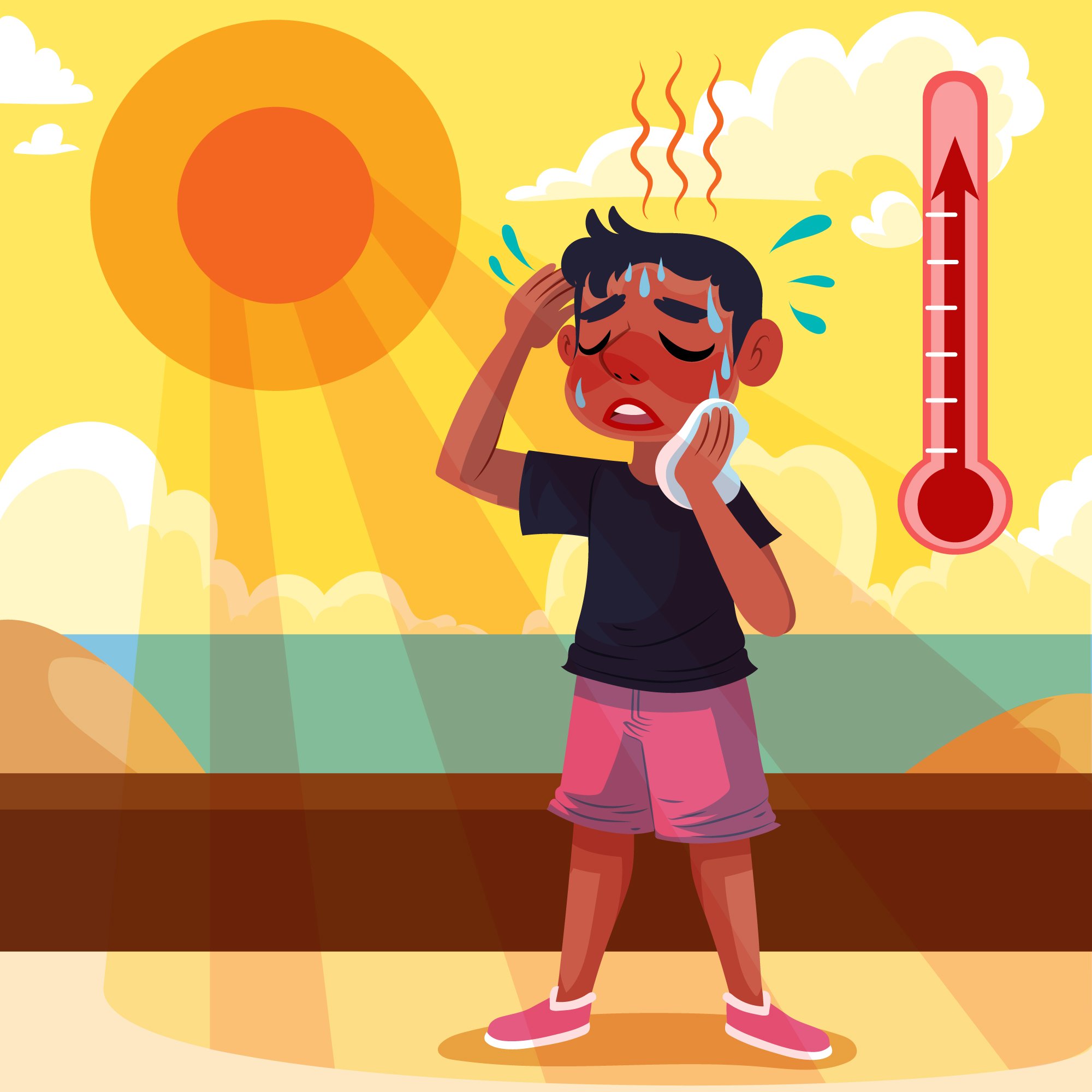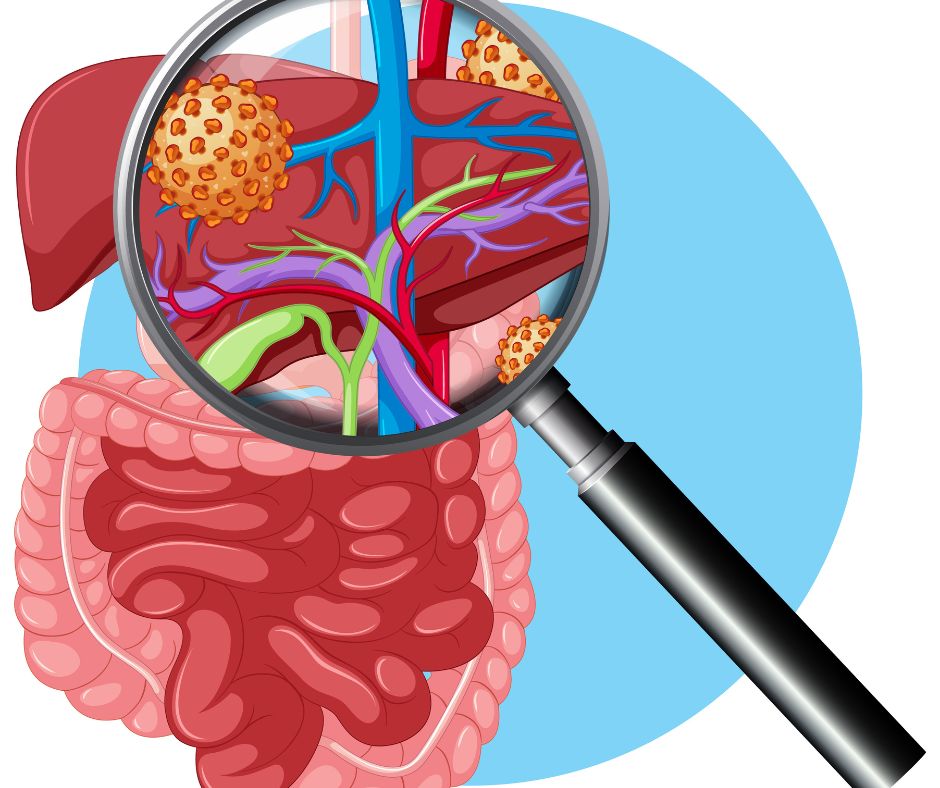Understanding H. Pylori
Helicobacter pylori (H. pylori) is a type of bacteria that infects the stomach lining, leading to gastritis, ulcers, and sometimes serious digestive disorders. It is a major cause of stomach ulcers and can persist in the digestive tract for years if left untreated.
Causes & Risk Factors
H. pylori infection primarily spreads through:
- Contaminated Food & Water: Poor hygiene and consumption of untreated water can introduce the bacteria into the digestive system.
- Person-to-Person Contact: Saliva, vomit, or faecal matter can transmit the bacteria, especially in overcrowded living conditions.
- Poor Sanitation: Lack of proper handwashing and unsanitary food preparation increase the risk of infection.
- Weakened Immunity: Individuals with low immunity are more susceptible to bacterial infections, including H. pylori.
Symptoms of H. Pylori Infection
- Abdominal pain or burning sensation
- Nausea and vomiting
- Bloating and indigestion
- Loss of appetite and unexplained weight loss
- Frequent burping and acid reflux
Prevention & Treatment
- Maintain Good Hygiene: Washing hands before eating and after using the restroom can reduce transmission.
- Consume Safe Food & Water: Avoid raw or improperly cooked foods and ensure clean drinking water.
- Probiotics & Healthy Diet: Eating fibre-rich foods, probiotics, and avoiding excessive alcohol and spicy foods can support gut health.
- Medical Treatment: Doctors may prescribe antibiotics and acid-reducing medications to eliminate the infection. Homoeopathy Cures it, How? Read the next Article.
Final Thoughts
H. pylori is a common but manageable infection. Understanding its causes and risk factors can help in early diagnosis and effective treatment, ensuring better digestive health.
Disclaimer: This content is for informational purposes only. Please consult a healthcare professional for personalized advice.

Read the article: https://www.mayoclinic.org/diseases-conditions/h-pylori/symptoms-causes/syc-20356171
:https://www.armaa.pk/homeopathy-and-breast-health-pinktober/






